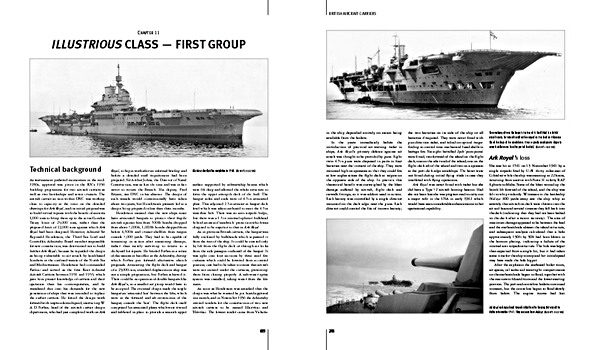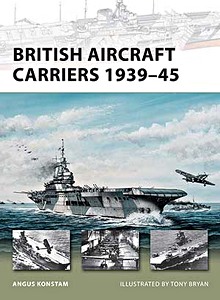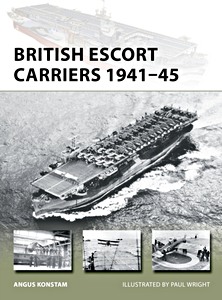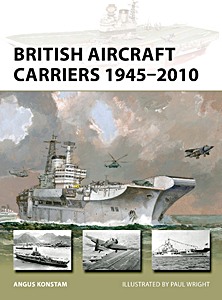Geleitflugzeugträger - USA, England, Japan 1939-1945 (Typenkompass)
Während des Zweiten Weltkrieges ergänzte ein kleiner Hilfsflugzeugträger die bestehenden Trägerflotten. Dieser wurde als Geleitflugzeugträger oder kurz als Geleitträger bezeichnet.
Die bei weitem größte Anzahl bauten die USA, aber auch England und Japan wandelten vorhandene Schiffe - oftmals Handelsschiffe - in Geleit- und Hilfsträger um.
In diesem Buch wird jeder Typ anhand eines Fotos, einer historischen Beschreibung und eines technischen Datenblatts vorgestellt.
Details
| Autor: | Ingo Bauernfeind |
|---|---|
| Ausführung: | 112 Seiten, 20.5 x 14 cm, kartoniert |
| Abbildungen: | 153 s/w-Abbildungen und 5 Farbfotos, 8 Zeichnungen |
| Verlag: | Motorbuch Verlag (D, 2013) |
| Serie: | Typenkompass |
| ISBN: | 9783613035973 |
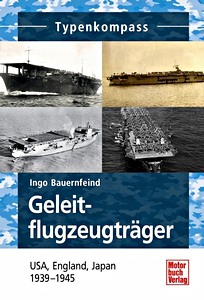
Geleitflugzeugträger - USA, England, Japan 1939-1945
Sprache: Deutsch
Erhältlich bei Amazon - sichere Zahlung und schnelle Lieferung
Kaufen bei Amazon DE
